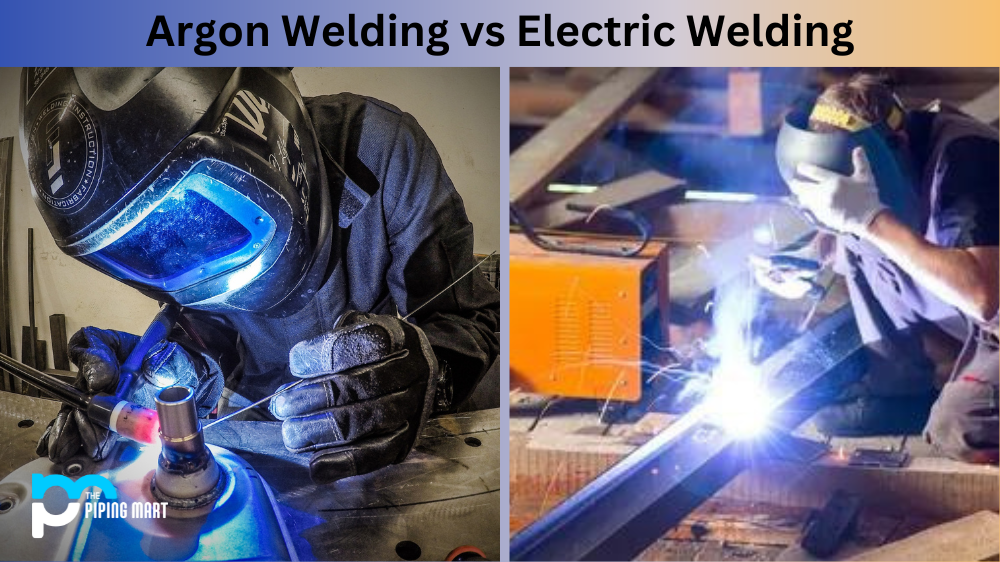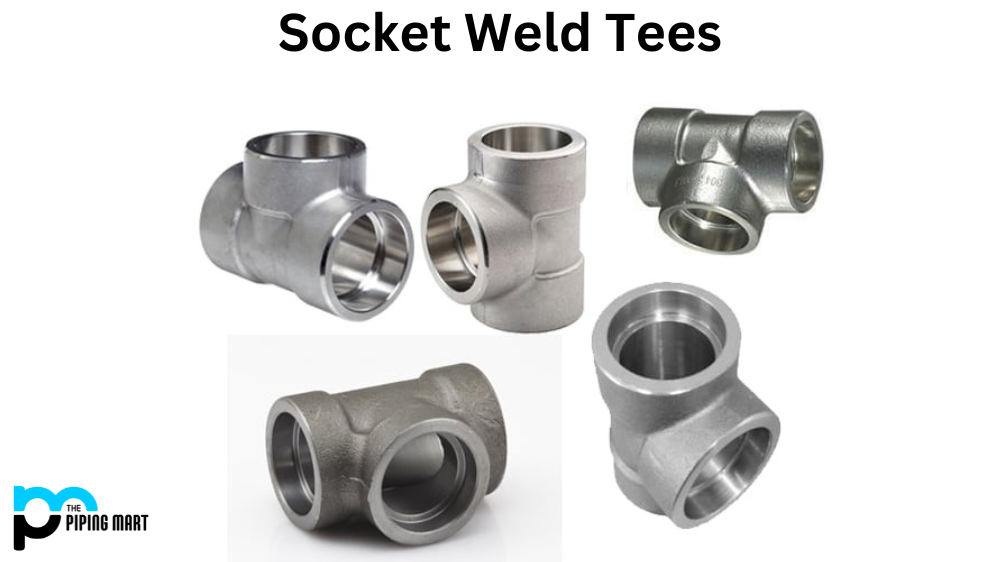For the past 200 years, Copper has been the first choice for electric wiring/connectors. Since the invention of the electromagnet and the telegraph, it has been used for wires. People can also use aluminum for electric wiring but copper has more conductivity and is more prone to oxidation. In contrast to copper oxide, the aluminum oxide formed on the surface does not conduct electricity and therefore interferes with the flow of electric current. To resist oxidation, aluminum must be coated with an anti-oxidant cream.
Copper also oxidizes when in contact with air, but the resulting oxide is relatively soft and conductive, although its conductivity is not as good as that of base metals. For this reason, copper connectors can often be installed without an oxide inhibitor. Wire brushing is recommended for conductors, but it is not as important as aluminum. Copper connectors are often manufactured with a tin coating to reduce surface oxidation and discoloration, but they are also available without a tin coating.
The differences in properties of copper and aluminum may result in a significant performance difference in the various types of electrical connectors in long-term service.
Copper-to-copper, aluminum-to copper, and aluminum-to-aluminum connections were subjected to accelerated aging which consisted of 2000 hours of corrosive environmental exposure and high current, short time testing. The copper to-copper connections had very little change in resistance during testing.
All metals have a certain resistance to electric current, so they need an energy source to control the electric current. Copper will not oxidize but will form a green patina called copper oxide. However, unlike rust, this coating can protect the metal from further corrosion without affecting its electrical conductivity.
Properties of Copper
- Good heat transmission.
- It is 100% recyclable, which makes it a truly green metal.
- It has a high resale value.
- It is an excellent conductor of electricity.
- It is malleable and ductile.
- It is resistant to corrosion.
- It is resistant to the growth of bacteria – the main reason it is used extensively in hospitals.
More than half of recycled copper is made from consumer scrap. And there is no change in quality. Copper has been recycled over and over for thousands of years. A suitable example is copper church bells being melted down to make other useful items like cannons during times of war.
There are many such instances littered all through the modern history of mankind.

Pipingmart is B2B portal specializes in industrial, metal and piping products. Also, share latest information and news related to products, materials and different types grades to help business dealing in this industry.




